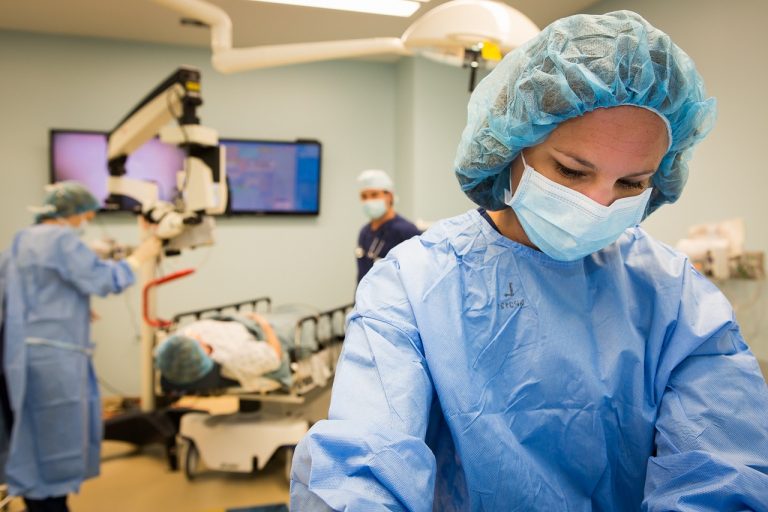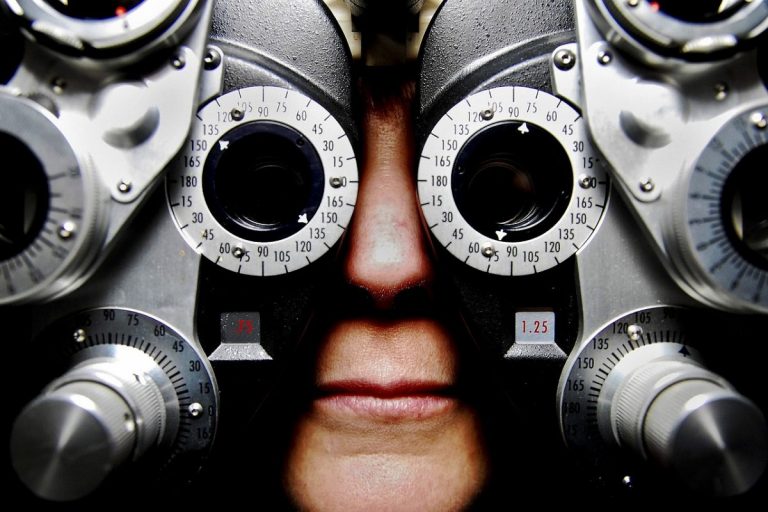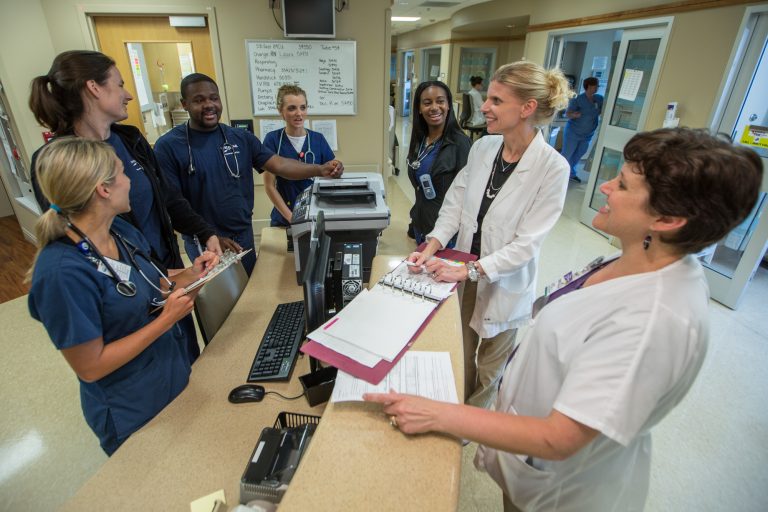Are you passionate about medicine and feel like you should consider it as your career? How about pursuing a career as a hospital healthcare data analyst? Well, let’s find out more about this job.
In this position, your role will be to apply your skills and expertise in data acquisition, analysis, management, and interpretation. By doing this you will provide actionable insights that clinical practitioners can use. If you have always been passionate about the healthcare sector, this will be an excellent opportunity for you to apply your expertise in an innovative way. This job not only pays well but also gives you a sense of fulfillment.
If you think you have the skills to do this job, continue reading. In this post, you will find out everything it takes to pursue a career as a hospital healthcare data analyst. Learn more below.
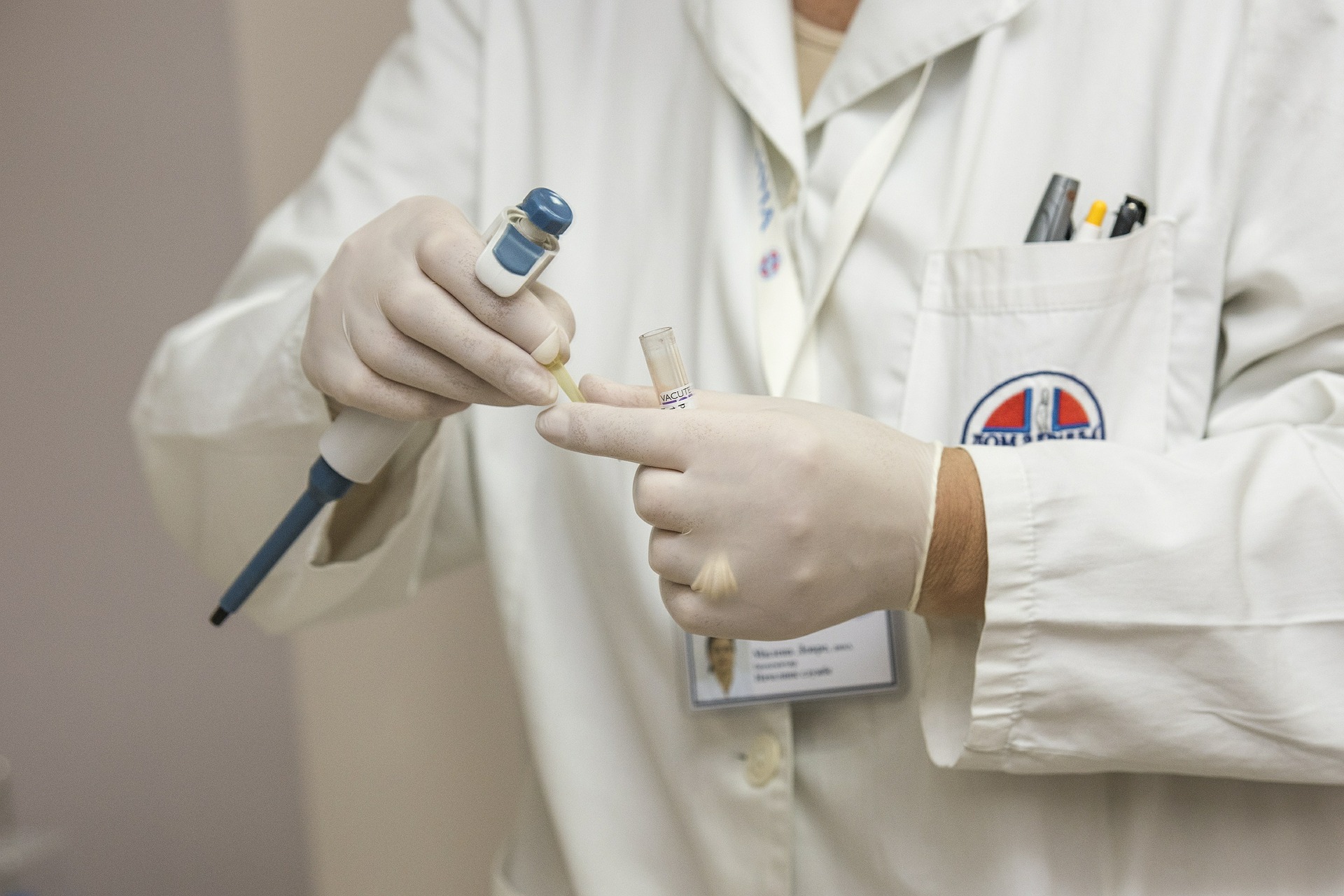
Roles And Responsibilities
Also known as healthcare business analysts, this position includes a variety of duties. You will typically gather and interpret data coming from different sources. These sources may include billing claims, cost reports, satisfactory patient surveys, and so on. This data helps the hospital organize and also improve the quality of care provided, thus enhancing patient experiences.
As a healthcare data analyst, you will also be responsible for automating both internal and external reports, and in turn, presenting this information to help hospitals understand the operational impact of the data collected. In other words, the hospital will be using your data to make decisions. We all know that data is an essential asset to any organization. As such, having professional and well-equipped staff to collect it will go a long way.
Where Healthcare Analysts Work
Just like the title suggests, you will work in hospitals, health insurance offices, and other health technology enterprises or companies near you. You can operate in any health-related space you can think of. From a small pharmacy to a significant health center, your services will be highly valued.
If you are working in large enterprises, you will often work as part of a large team, reporting directly to executive leaders. In rare circumstances, you may additionally be required to report directly to the IT managers. However, all this depends on the kind of company or organization you will be working with.
Expected Salary Of A Hospital Healthcare Data Analyst
According to Salarylist, healthcare data analysts earned a median salary of about $65,000. Other sites such as Glassdoor show a slightly higher pay. However, all this comes down to which organization you are working for. For instance, the Bureau of Labor Statistics reports that healthcare data analysts earn up to $80,870 per year.
Eligibility For Becoming A Healthcare Data Analyst
To be qualified for such a position, you first need to have completed at least a bachelor’s degree in health information or its equivalents such as biostatistics, data science, or even mathematics. Having completed this degree will show you are competent enough and have the relevant skills to take on such a role. In your courses, you should be able to cover subjects such as programming, software development, health information, and technology standards, among others.
Also, if you have experience working in healthcare, you might stand out among the crowd. Most employers prefer people who have worked with clinical or any other type of healthcare data.
If this is a job you are interested in, you might as well consider joining associations such as the Healthcare Data and Analytics Association, the Management Systems Association, the Health Data Organization, and so much more. These kinds of organizations will be helpful in the future and mentor you in terms of professional development, networking opportunities, and so much more.
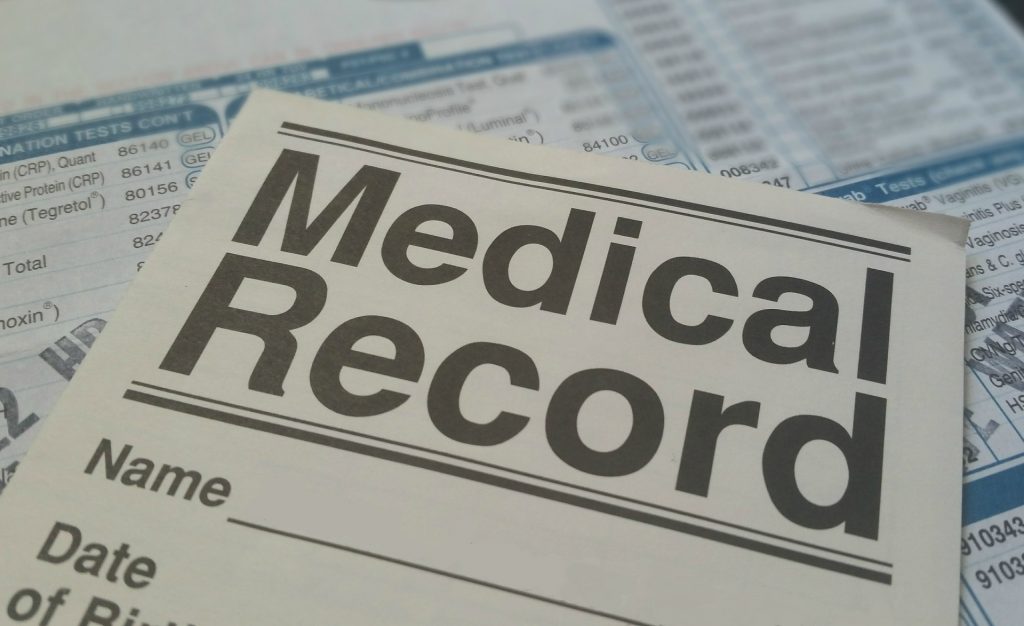
Bottom Line
If you feel this is the right direction for you, then follow these tips to develop the necessary skills for this job. However, if you already have the necessary documents and certificates, there has never been a better time to apply for jobs than today.
Also read – How to Become a Successful Medical Technologist

